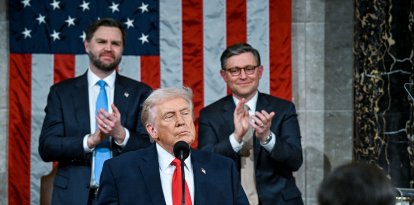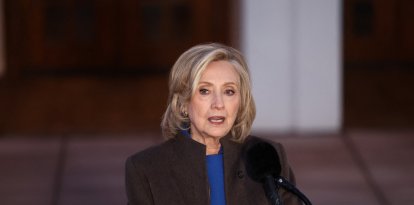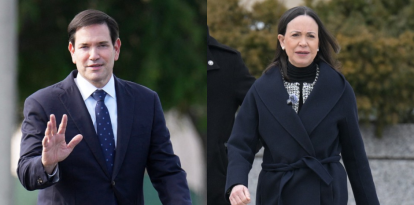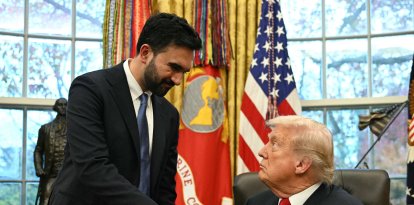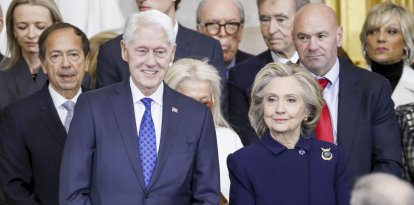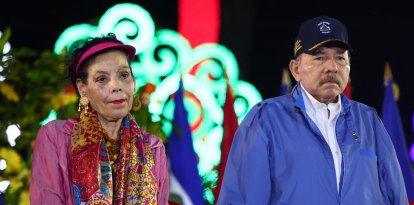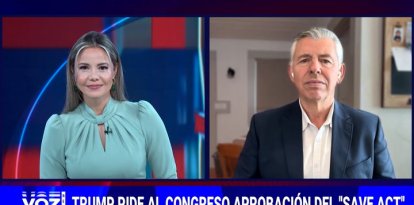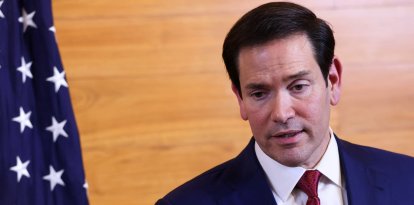US deported TikToker who promoted home squatting to Venezuela
Leonel Moreno, known as the "migrant influencer," was deported along with a group of 170 people after failing to comply with immigration regulations.

Deportation reference image
Venezuelan Leonel Moreno, known as the "migrant influencer" for his videos on social networks in which he encouraged migrants to occupy homes in the United States, was deported this week to his home country along with a group of more than 170 others. Their expulsion followed the resumption of deportation flights by the US government.
Deportation after staying illegally in the US
Moreno, 27, illegally entered the United States through the Texas border in April 2022 and was released shortly thereafter under supervision. However, when he failed to comply with required filings with Immigration and Customs Enforcement (ICE), authorities listed him as a fugitive and detained him in March 2024 in Gahanna, Ohio. An immigration judge had ordered his deportation in October 2023, but Venezuela's refusal to receive flights carrying deportees delayed his removal. The situation changed with the arrival of Donald Trump to the White House, which allowed the resumption of these transfers.
Incident during repatriation flight
While en route to Venezuela, Moreno staged an altercation that forced authorities to relocate him to a separate section of the plane under increased surveillance. Although exact details of the incident have not been disclosed, witnesses stated that his behavior caused discomfort among passengers. Upon his arrival at Maiquetia airport, he was greeted by security officials, one of whom patted him on the shoulder.
Controversy on social media
The influencer generated controversy in the United States due to his posts on TikTok, where he exhibited bundles of money and talked about the benefits that migrants could receive from the US Government. In his videos, he claimed, "I didn’t cross the Rio Grande to work like a slave" while showing $100 bills. He also claimed to have taken advantage of his daughter's US citizenship to boost his presence in networks and highlighted that the baby's birth was covered by the health system, which he referred to as "Papa Biden."
Moreno also promoted the occupation of uninhabited homes, arguing that he knew of laws that favored squatters.
Investigations and indictments
US authorities were investigating Moreno for his alleged links to Venezuela's General Directorate of Military Intelligence and for having published videos in which he handled firearms in an armory. In his testimony, he claimed to have been only a rank-and-file member of the Venezuelan Navy.
Since his arrest, Moreno declared himself a victim of persecution. "I came here to the United States because of persecution in my country … But they’re doing the same thing to me in the United States — persecuting me," he said in an interview. He also claimed that the media misrepresented his story and that he was "a good father, a good husband, a good son, a good person."
Dictatorial regime's welcome
The regime of Nicolás Maduro received the deportees with an official act at the Simón Bolívar International Airport in Maiquetía in the early morning of Friday 28. Among them was Moreno, who, despite his background, was received as a supposed victim of the US immigration system. The flight, operated by the state-owned airline Conviasa, brought back 178 Venezuelans expelled from the US.
Diosdado Cabello, a key figure in chavismo, led the welcome. In statements broadcast on television, Cabello denounced that the returnees were "persecuted" and "stigmatized" in US territory.
The act completely ignored the reasons behind the deportations, making no reference to criminal records or immigration violations. Instead, the official discourse presented them as victims of an arbitrary removal policy.















